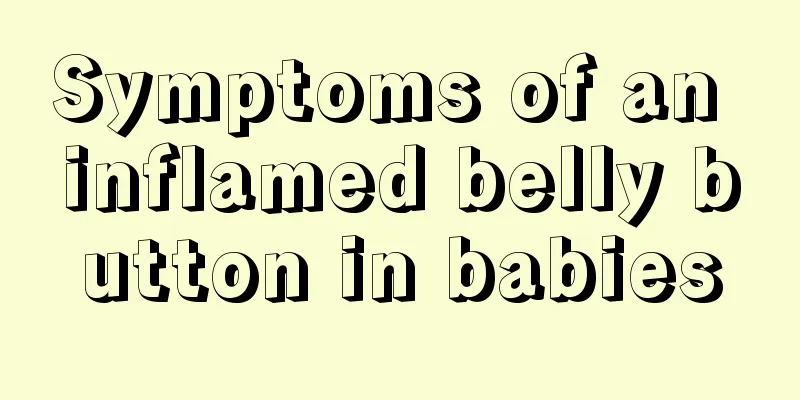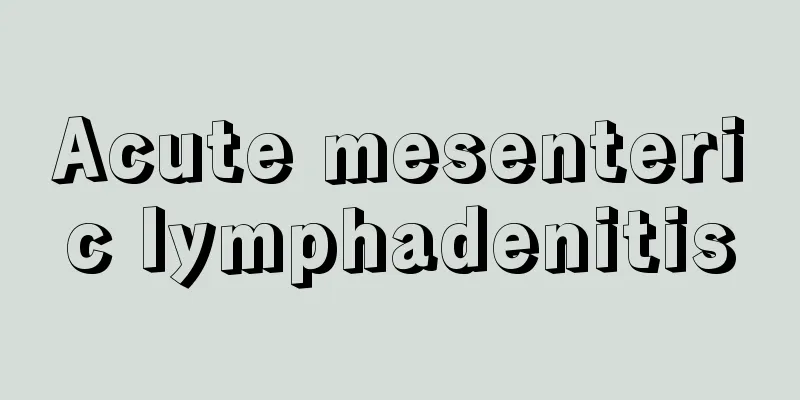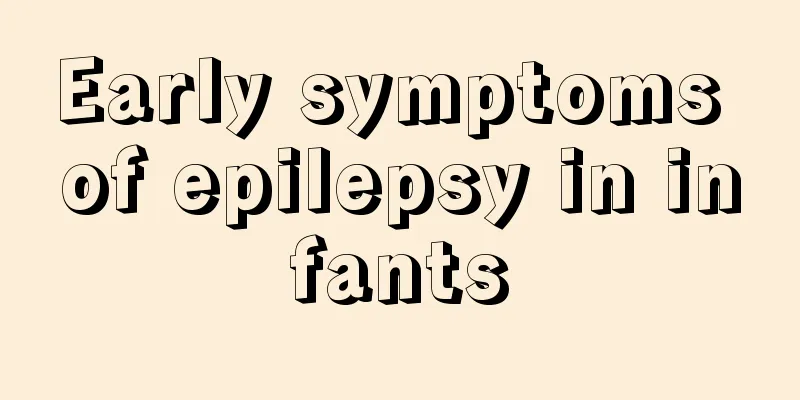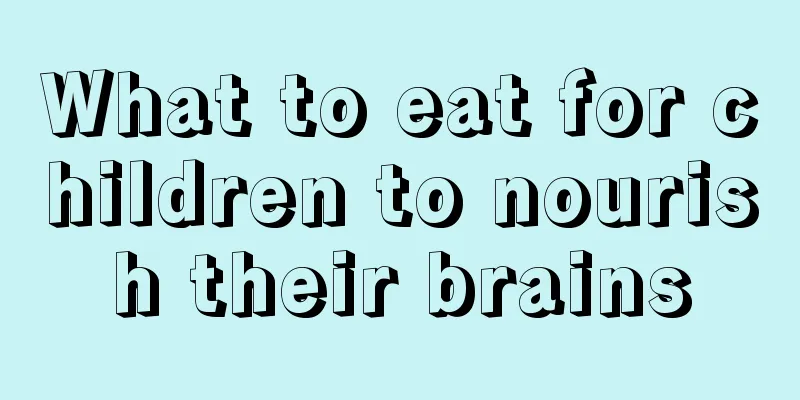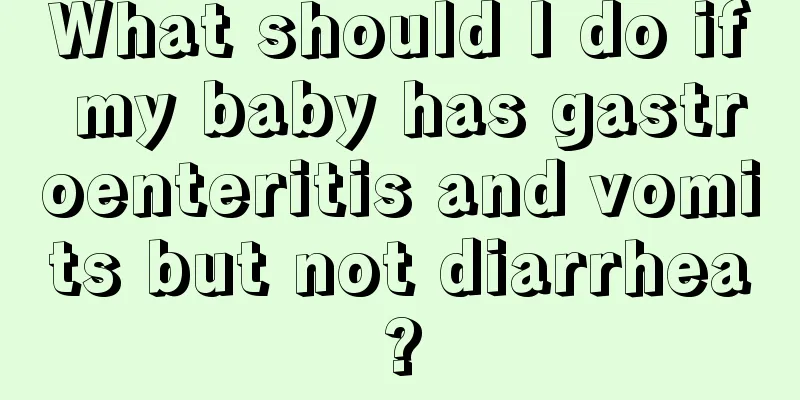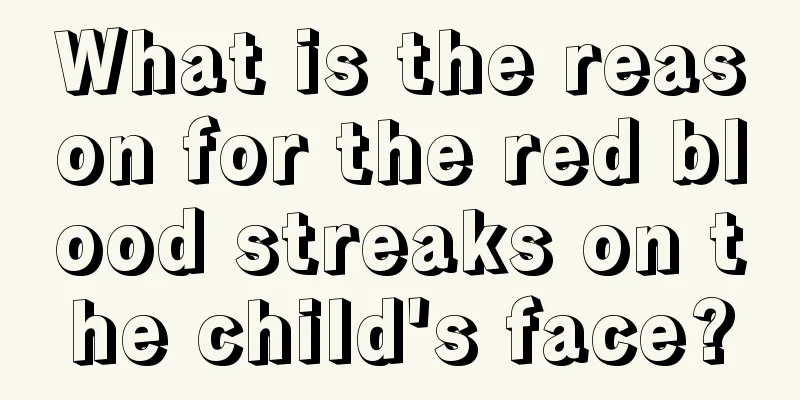Is hand, foot and mouth disease easy to treat?
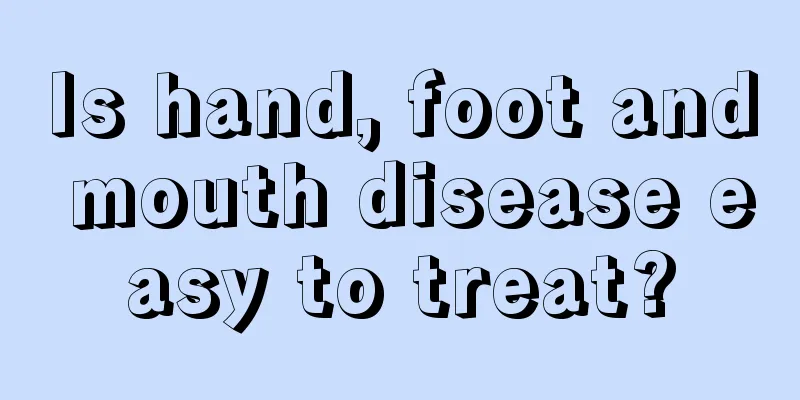
|
After contracting hand, foot and mouth disease, the patient will experience extreme itching in the limbs. However, since hand, foot and mouth disease is a common disease among infants and young children, they will often cry incessantly after developing the disease. At this time, parents should promptly check whether the infants and young children have corresponding skin conditions on their limbs. At the same time, parents are also very worried about whether hand, foot and mouth disease in infants and young children is easy to treat? What is Hand, Foot and Mouth Disease Hand, foot and mouth disease is one of the common infectious diseases caused by enterovirus. It spreads quickly and is easy to spread. It is mostly prevalent in summer and autumn, and mostly occurs in infants and young children under 5 years old. It can cause fever and rash and ulcers on the hands, feet, mouth and other parts of the body. Ulcers will appear after the herpes in the mouth breaks. The children are in unbearable pain, cry all the time, are irritable, drool, cannot eat, have yellow urine, and severe cases may be accompanied by fever, runny nose, cough and other symptoms. Hand, foot and mouth disease can usually be cured within a week, but if the herpes has broken before then, it is extremely contagious. Some patients may develop fatal complications such as myocarditis, pulmonary edema, aseptic meningitis, and meningoencephalitis. Causes of hand, foot and mouth disease Most cases of hand, foot and mouth disease are caused by viral infection, the most common of which is Coxsackievirus A16, a type of enterovirus. They all enter the mouth through food into the entire digestive tract and multiply in the intestines. Treatment of hand, foot and mouth disease 1. Antiviral treatment Generally speaking, patients with mild symptoms can receive antiviral, anti-infection, and systemic supportive treatments, while patients with severe symptoms should be closely monitored for changes in their condition, especially the functions of organs such as the brain, lungs, and heart. 2. Drug treatment Commonly used ones include acyclovir, valacyclovir, famciclovir, traditional Chinese medicine, etc. As highly effective and broad-spectrum antiviral drugs, they can significantly shorten the fever and skin lesion healing time and relieve the pain of oral herpes. 3. Anti-infection treatment Locally, you can use mouthwash or apply it. 4. Exercise your physical fitness Improving the body's immunity can resist viral infections and prevent the recurrence of viral diseases. 5. Hospitalization Severely ill patients require hospitalization for treatment. |
<<: What medicine to use for hand, foot and mouth disease
>>: How to treat hand, foot and mouth disease in children
Recommend
What causes your baby to suddenly become sleepy?
It is normal for a baby to sleep about 20 hours a...
Children have abdominal pain but no diarrhea
Many times, children will cry incessantly because...
Isn’t it cute when babies always squint their eyes? Wrong!
People often say that when you laugh, your eyes s...
Why do children like to sleep on their stomachs?
Many mothers like to post photos of their childre...
Can I sunbathe if I have eczema?
Eczema is a particularly serious skin disease. If...
What's wrong with the newborn baby having small red spots all over his body?
Newborns have incomplete body functions and their...
How to correct a child's hunchback
When children are in the growth and development p...
What to do if deciduous teeth are retained
The growth of babies is always full of hardships ...
What should I do if my 2-year-old baby has mumps?
Mumps is a disease that everyone will get, and mo...
Do you know how to correct children's lack of concentration?
When it comes to the topic of children's inab...
What medicine is good for children with tonsil suppuration?
Most children are picky eaters and they are very ...
When can children have their teeth straightened?
Children's bad teeth are a problem that worri...
Is it easy for a child's skin to turn from dark to white?
Skin is our outer coat. As Chinese people of the ...
How can students lose weight fastest?
Excessive intake of food will cause obesity, and ...
Clinical manifestations of heart failure in children
The situation of heart failure in children is sti...


